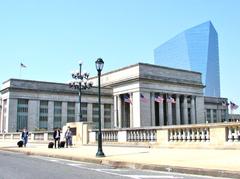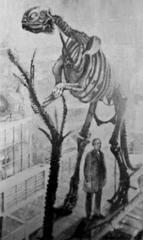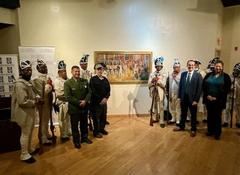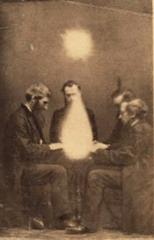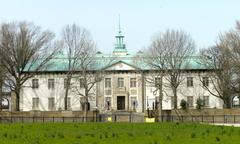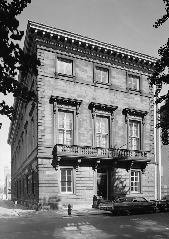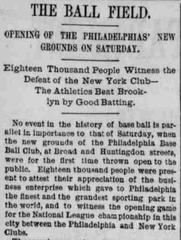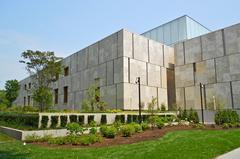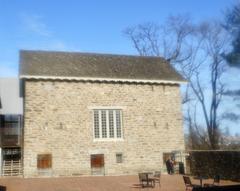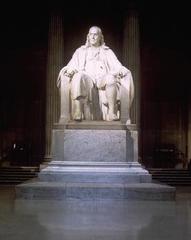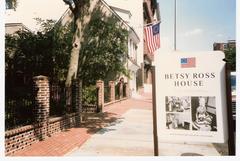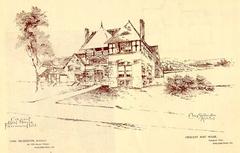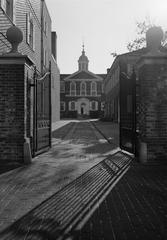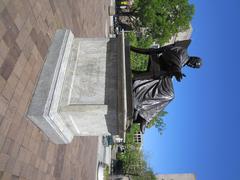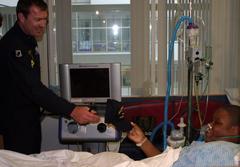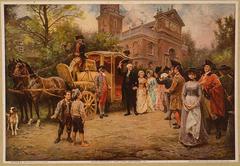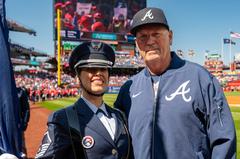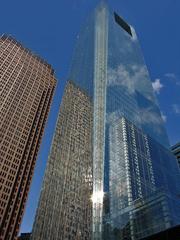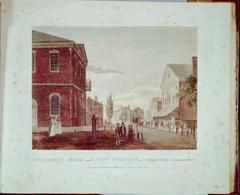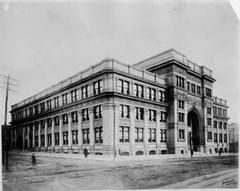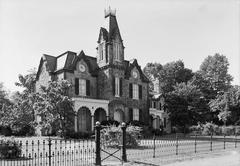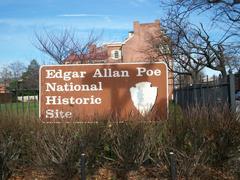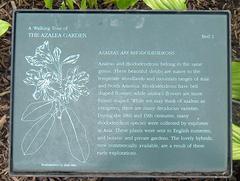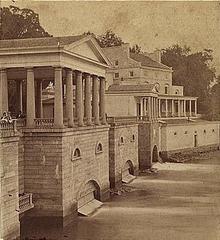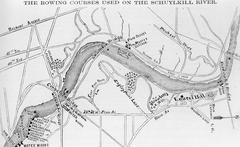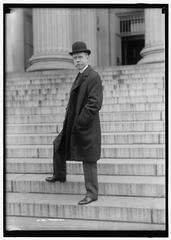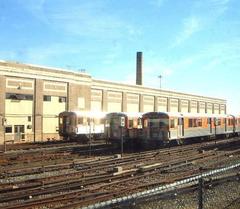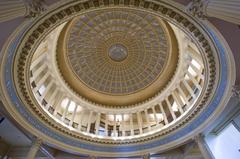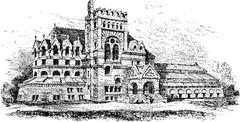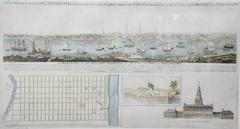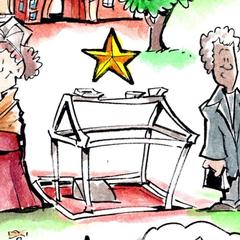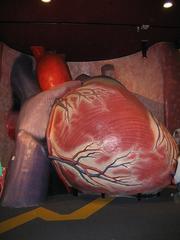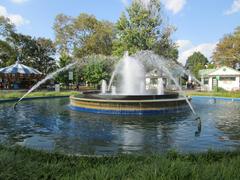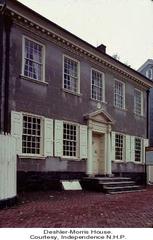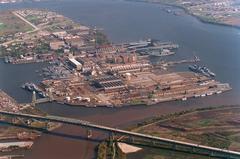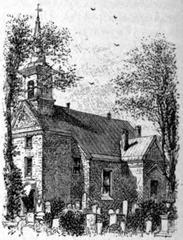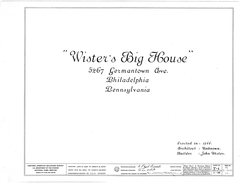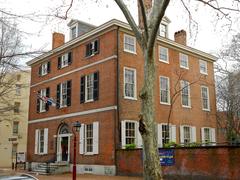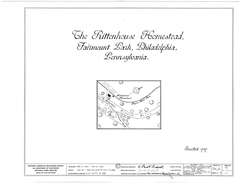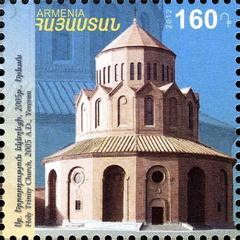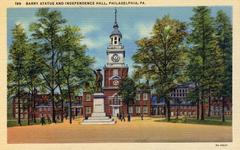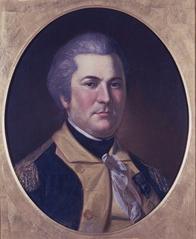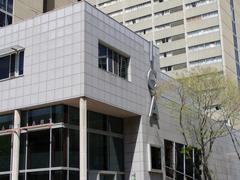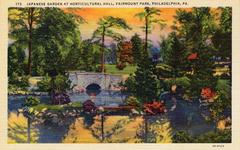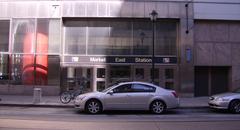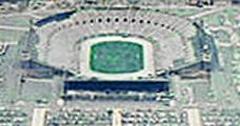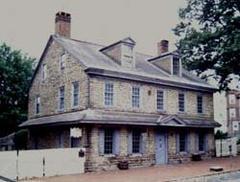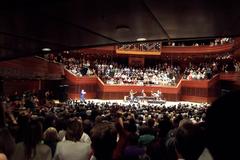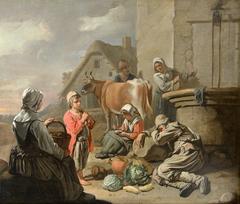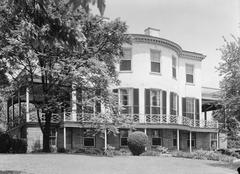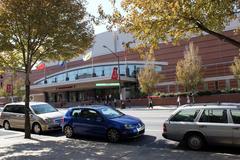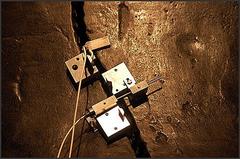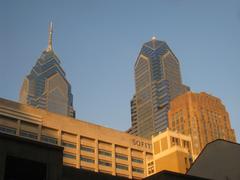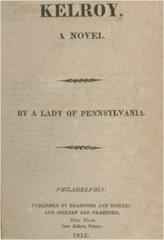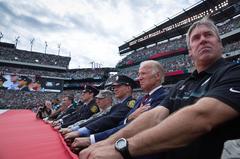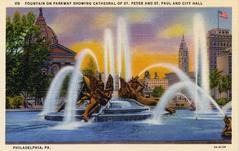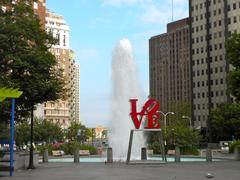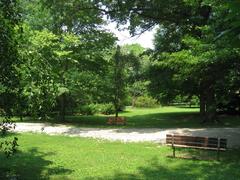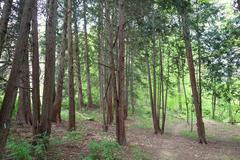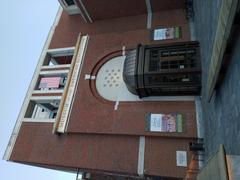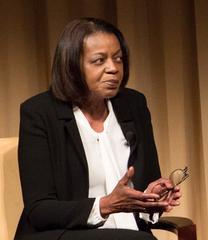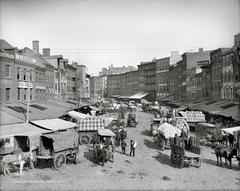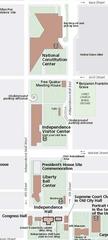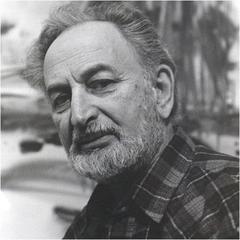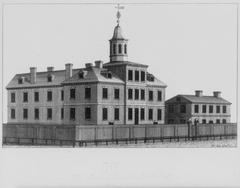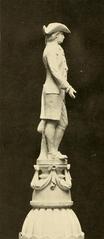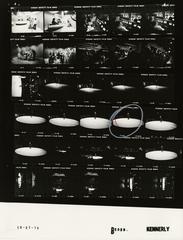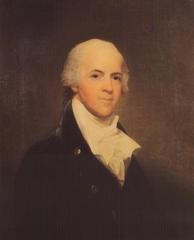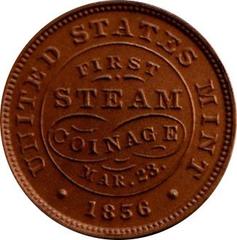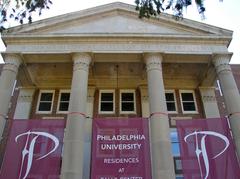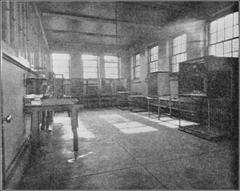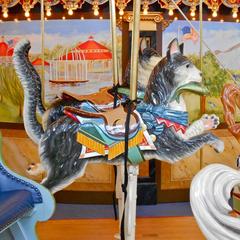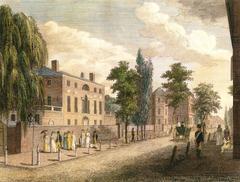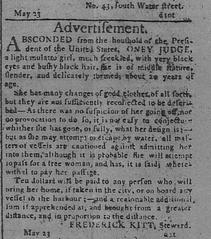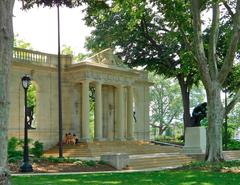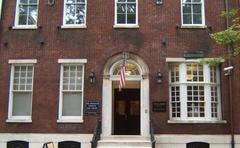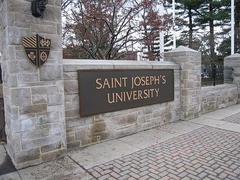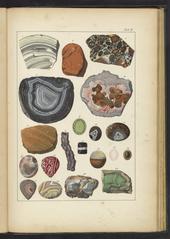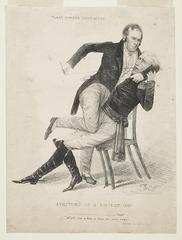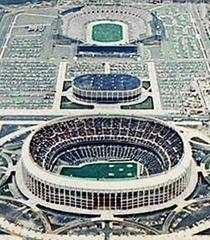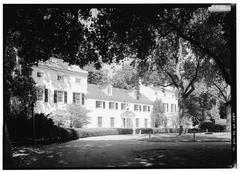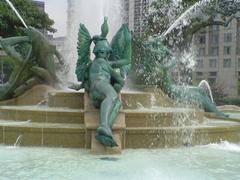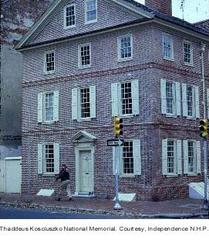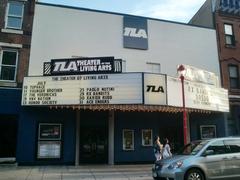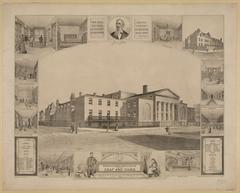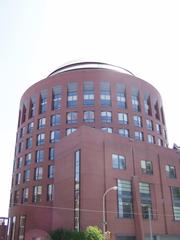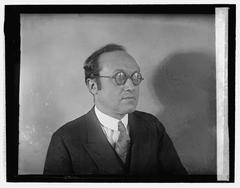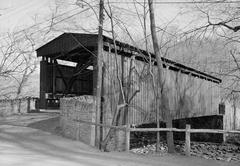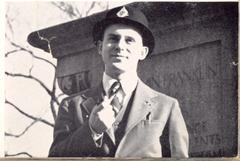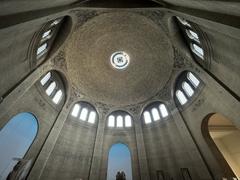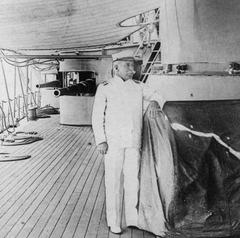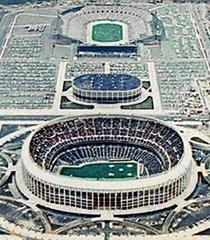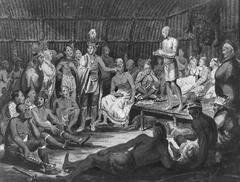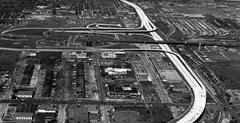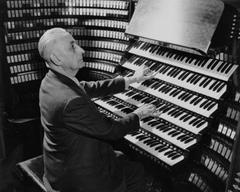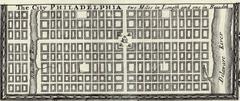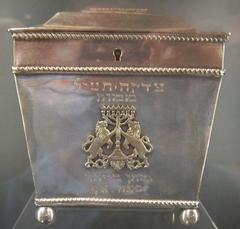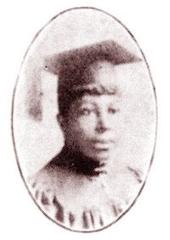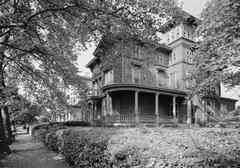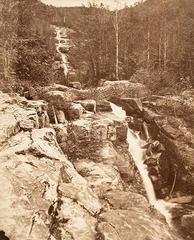Overbrook Philadelphia Historical Sites Visiting Hours, Tickets, and Travel Guide
Date: 04/07/2025
Introduction
Overbrook, situated in West Philadelphia, is a storied neighborhood that seamlessly blends rich historical roots with vibrant community life and notable architectural charm. Its evolution—from Lenape hunting grounds to a prestigious railroad suburb and, eventually, a diverse urban enclave—offers visitors a unique lens into Philadelphia’s broader development. Today, Overbrook is celebrated for its preserved historic districts, educational and religious institutions, and cultural vitality.
This guide offers a comprehensive overview of Overbrook’s historical development, landmark sites, visiting hours, ticketing, travel tips, and accessibility information, ensuring travelers are well-equipped to experience one of Philadelphia’s most captivating neighborhoods. For further reading, see Wikipedia: Overbrook, Philadelphia, Collaborative History: Overbrook, and Philadelphia Beautiful.
Table of Contents
- Introduction
- Historical Overview
- Landmarks and Institutions
- Practical Visitor Information
- Frequently Asked Questions (FAQ)
- Conclusion
- References
Historical Overview
Early History and Origins
Overbrook’s roots trace back to the Lenape people, who originally inhabited and used the land as hunting grounds. In the late 17th century, Welsh settlers acquired tracts in what was then the Western Liberties, establishing farms and water-powered mills along Mill Creek and Indian Creek. These natural waterways were vital to early agricultural and economic activity until the mid-19th century, when Mill Creek was gradually culverted and rerouted beneath the growing neighborhood (Wikipedia: Overbrook, Philadelphia).
Arrival of Railroads and Suburban Development
The neighborhood’s transformation began in earnest with the Pennsylvania Railroad’s Main Line in the mid-19th century, making Overbrook easily accessible for commuters. The construction of Overbrook Station marked the area as a residential destination for Philadelphia’s middle- and upper-class families seeking suburban tranquility. The subsequent arrival of electric trolleys in the 1890s further spurred development (Collaborative History: Overbrook).
Overbrook Farms, developed from the 1890s to the 1920s, became a model planned suburb. Spearheaded by Anthony Joseph Drexel and designed by a cohort of prominent architects, it featured curvilinear streets, Victorian and early modern homes, and modern utilities—hallmarks of the “suburb deluxe” concept (Wikipedia: Overbrook, Philadelphia; Collaborative History: Overbrook).
20th Century Growth and Architectural Character
Between 1900 and 1960, Overbrook expanded beyond Overbrook Farms, with rowhouses, twins, and apartment buildings becoming the dominant residential forms. The architectural variety—from late Victorian to Arts and Crafts—reflects the area’s shift from an elite enclave to a thriving, broadly middle-class community (Wikipedia: Overbrook, Philadelphia).
Overbrook Park: Postwar Expansion
In the 1940s, Overbrook Park was developed to provide housing for returning World War II veterans and their families. This area became notable for its vibrant Jewish-American community, with synagogues, kosher establishments, and a strong connection to neighboring Penn Wynne (Wikipedia: Overbrook Park, Philadelphia).
Demographic Shifts and Community Evolution
The late 20th and early 21st centuries saw significant demographic changes. Overbrook Park, once predominantly Jewish, became majority African American by 2000. Despite these shifts, Overbrook’s diverse heritage endures, with religious, cultural, and civic organizations continuing to shape its identity (Wikipedia: Overbrook Park, Philadelphia; Wikipedia: Overbrook, Philadelphia).
Landmarks and Institutions
Overbrook Farms Historic District
Recognized as one of the nation’s earliest planned suburban communities, Overbrook Farms is listed on the National Register of Historic Places. Its tree-lined streets and architecturally significant homes make it a highlight for visitors. The Overbrook Farms Club remains active in preservation efforts (Philadelphia Beautiful).
- Visiting Hours: Open for self-guided tours year-round.
- Tickets: Not required; guided tours available seasonally.
Overbrook School for the Blind
Founded in 1832, this institution is a leader in education for the visually impaired. Public access is limited; check the school’s website for event opportunities.
Overbrook High School
This historic public high school boasts notable alumni, including Will Smith, and is an architectural landmark (Wikipedia: Overbrook, Philadelphia).
Overbrook Presbyterian Church
Founded in 1889 and known for its stone façade and historic pipe organ, the church hosts concerts and community events.
St. Callistus Roman Catholic Church
Established in 1922, the church features Gothic Revival architecture and is open for prayer and public events.
Tustin Playground and Recreation Center
A popular community hub with sports facilities, playgrounds, and seasonal programs (Philadelphia Parks and Recreation).
Overbrook Station Monument
A symbol of the neighborhood’s transit history, the monument is accessible to the public and connects directly to SEPTA’s regional rail (SEPTA Overbrook Station).
Practical Visitor Information
Visiting Hours and Tickets
- Historic Districts: Open year-round for walking tours; no ticket required.
- Institutions: Hours vary; some require appointments or are only open for public events.
- Parks: Generally open dawn to dusk.
- Overbrook Station Monument: Open Mon–Fri 9:00 AM–6:00 PM, Sat–Sun 10:00 AM–4:00 PM. Admission is free; guided tours are $10/person.
Guided Tours and Special Events
The Overbrook Farms Club and local historical societies occasionally offer guided walking tours, especially in spring and fall. Overbrook Day and the Night Market are annual highlights that showcase local culture (All Events).
Travel Tips and Accessibility
- Getting There: Use SEPTA Regional Rail (Paoli/Thorndale Line) or SEPTA bus routes 44 and 65. Street parking is limited, especially during events.
- Neighborhood Layout: Overbrook is walkable, though some areas have hilly terrain. Sidewalks are generally accessible; some historic buildings have limited access.
- Best Time to Visit: Spring and fall for weather and events; July for festivals.
Nearby Attractions
- Morris Park: 147-acre urban park with trails and meadows (Morris Park).
- Overbrook Environmental Education Center: Workshops on sustainability and urban gardening (OEEC).
- Lancaster Avenue: Historic commercial corridor with shops, eateries, and civic buildings.
Frequently Asked Questions (FAQ)
Q: Are there admission fees for Overbrook’s historic sites?
A: Most sites are free to visit. Some special events or guided tours may require tickets or registration.
Q: Are guided tours available?
A: Yes, the Overbrook Farms Club and local groups offer tours periodically; check their websites for details.
Q: Is Overbrook accessible for visitors with disabilities?
A: Many public spaces are accessible. Some older buildings may have limited access. The Overbrook Station Monument is fully accessible.
Q: How do I reach Overbrook by public transportation?
A: Use SEPTA Regional Rail (Paoli/Thorndale Line) to Overbrook Station or SEPTA bus routes.
Q: What are the best times to visit?
A: Spring and fall offer the best weather and access to events.
Conclusion
Overbrook is a neighborhood where history, architecture, and community converge. Its diverse heritage—from Lenape lands and Welsh farms to rail-driven suburbia and vibrant modern enclaves—remains visible in its preserved homes, educational institutions, and cultural events. Whether exploring tree-lined streets, attending a festival, or touring historic landmarks, visitors will find Overbrook welcoming, educational, and authentically Philadelphian.
For updates on events, tours, and travel tips, download the Audiala app and follow community organizations online. Experience Overbrook’s enduring charm and dynamic spirit on your next visit to Philadelphia.
References
- Wikipedia: Overbrook, Philadelphia
- Collaborative History: Overbrook
- Philadelphia Beautiful: Overbrook
- Wikipedia: Overbrook Park, Philadelphia
- Overbrook Farms Club
- SEPTA Overbrook Station
- Philadelphia Historical Commission
- World Atlas: The 8 Best Philadelphia Neighborhoods to Call Home in 2025
- All Events: Overbrook Night Market 2025
- Morris Park
- Overbrook Environmental Education Center



